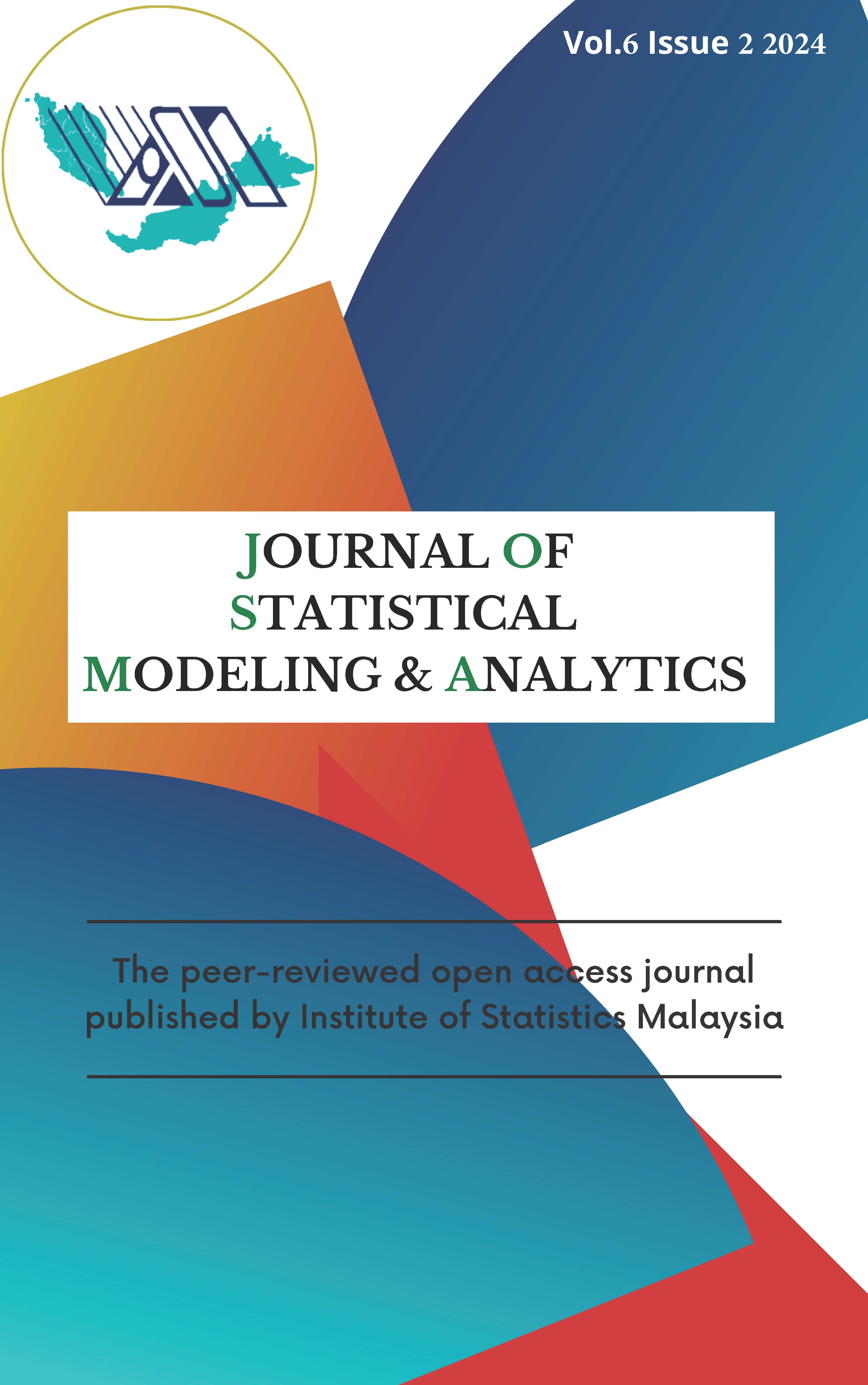Artificial Neural Network Regression Modelling of Poverty Index in Nigeria
Artificial Neural Network Regression Modelling
DOI:
https://doi.org/10.22452/josma.vol6no2.4Keywords:
Regression, Neural Network, Poverty, ModellAbstract
Due to the benefits of Artificial Neural Network (ANN) regression modelling over classical linear regression estimator with respect to faulty tolerance and generalization ability, the study adopted (ANN) regression modelling in order to investigate the impacts of economic variables indices on the poverty index of Nigeria in the years 2018/2019, artificial neural network regression modelling was adopted. This study examined poverty modelling in the realm of (ANN) regression and showcased the contribution of the weight of each predictor variable towards the nodes that determine the Multidimensional Poverty Index (MPI). Most literatures do not interpret the weights and bias of ANN regression, they only described the architecture of the procedures to obtain it. This is the gap this study filled. The study observed that Food insecurity has the highest relative importance with 0.085 magnitude to (MPI) while sanitation has lowest relative importance with magnitude of 0.045 to (MPI).


